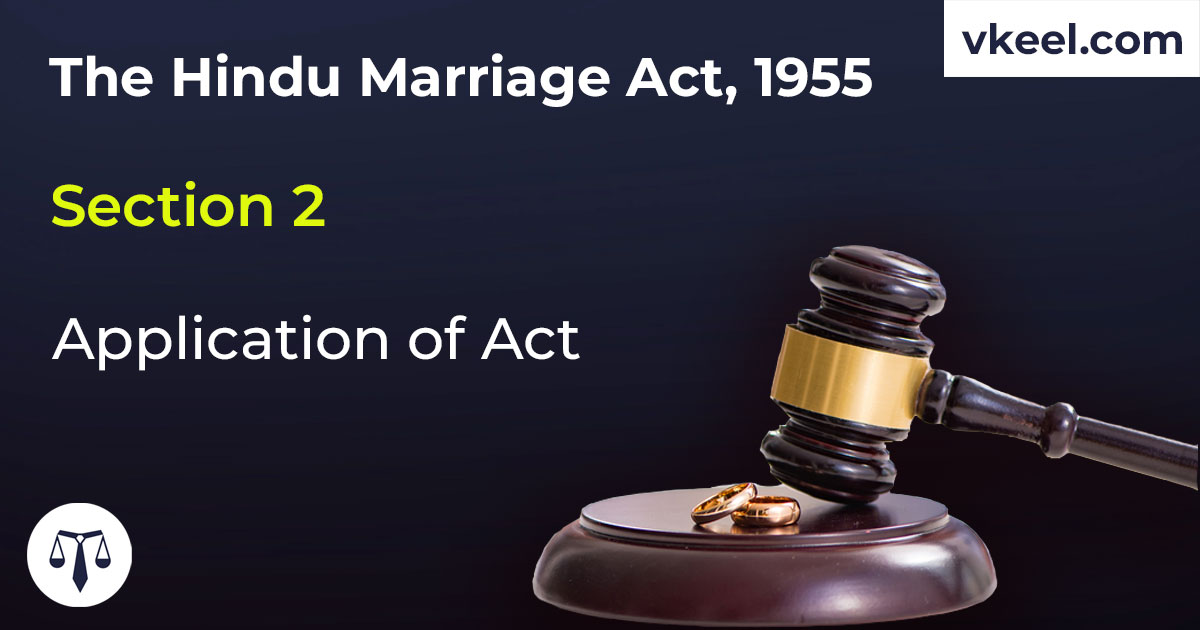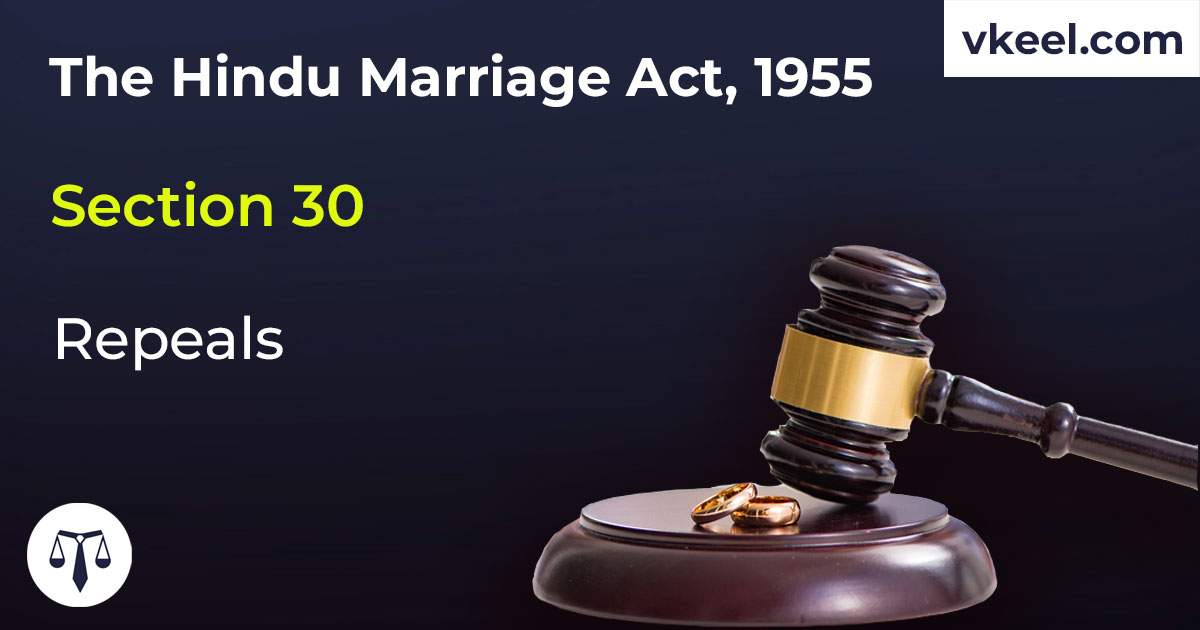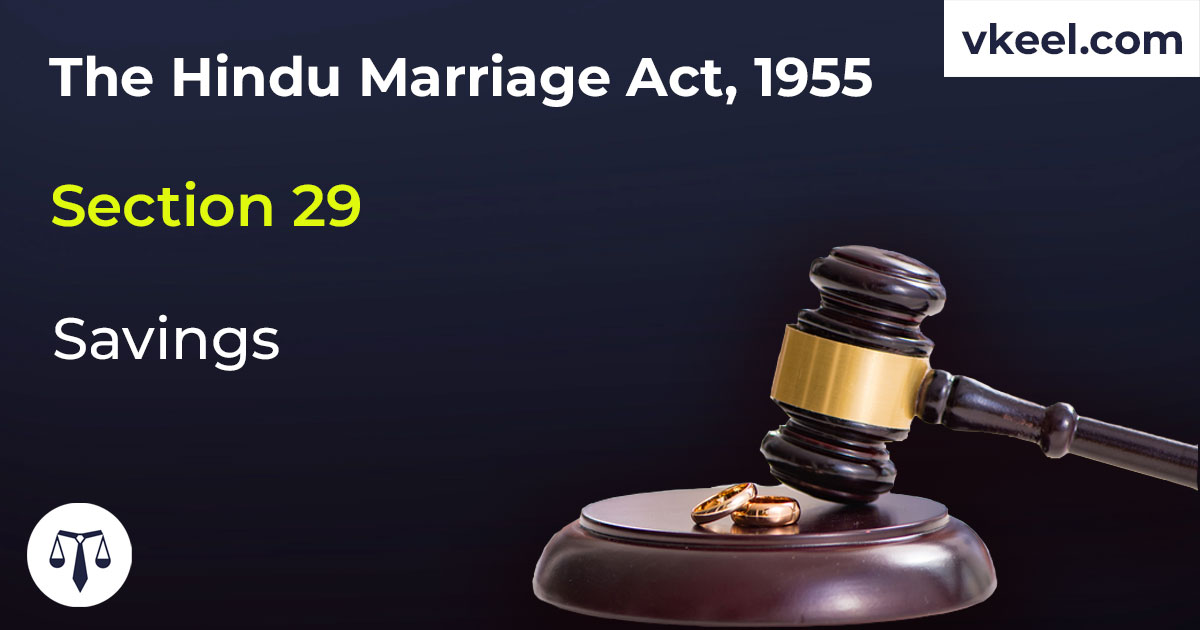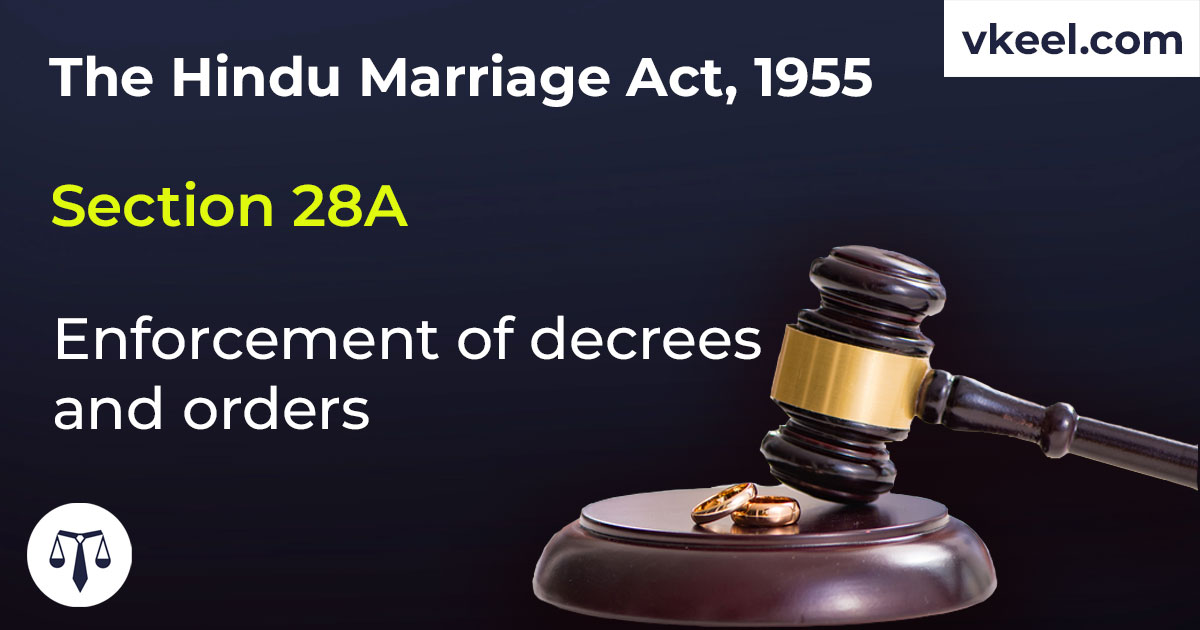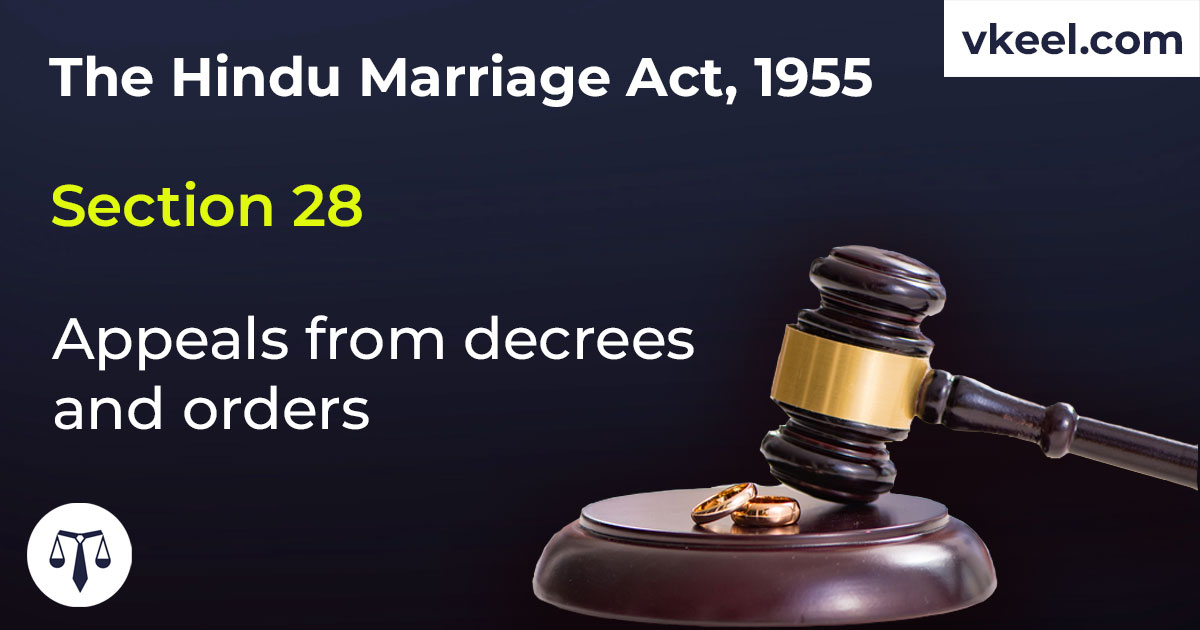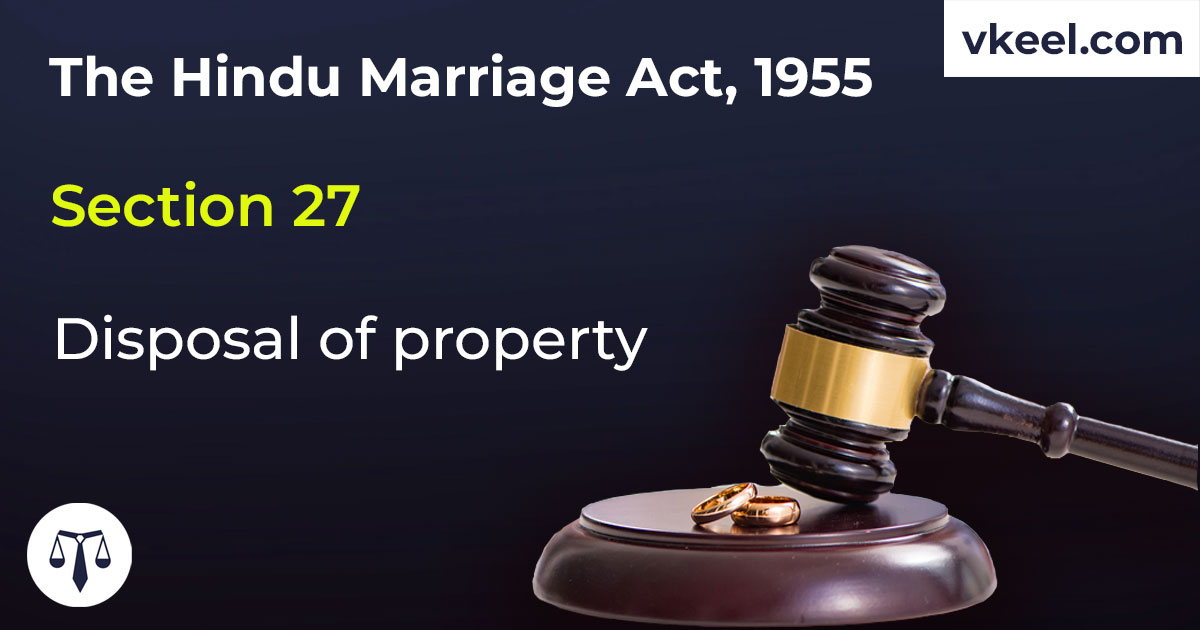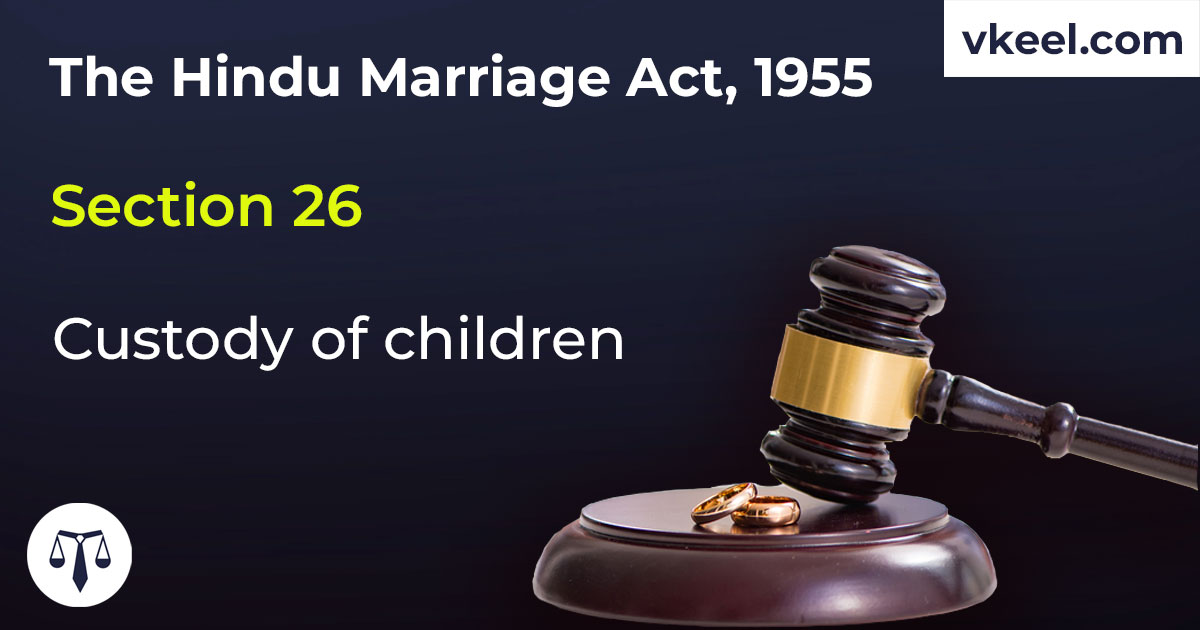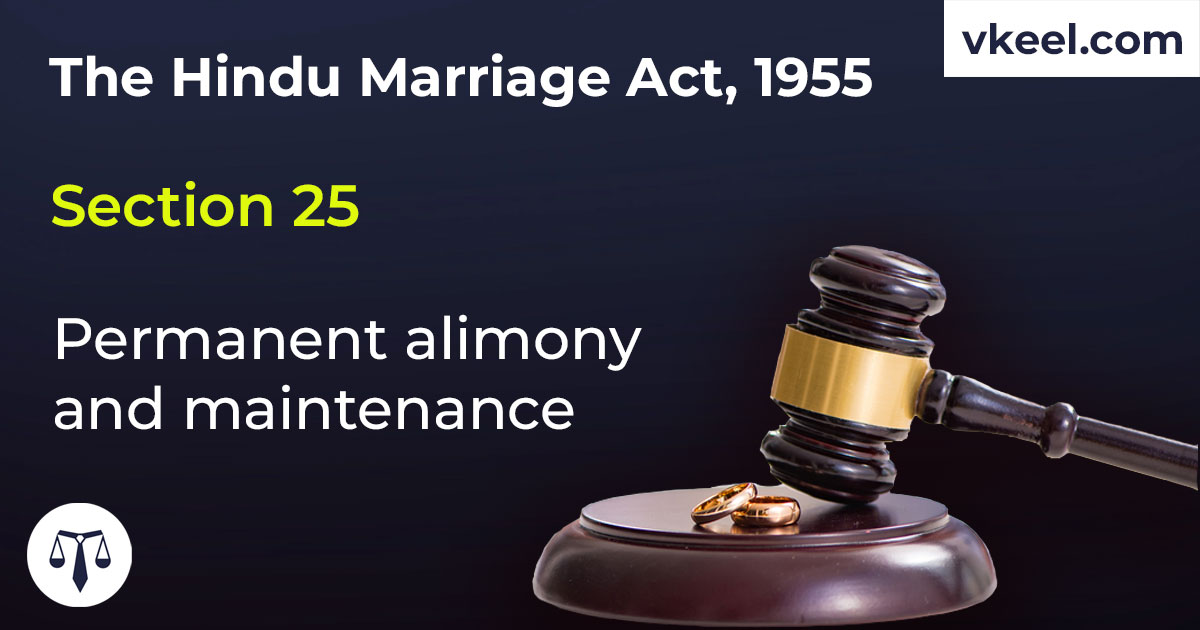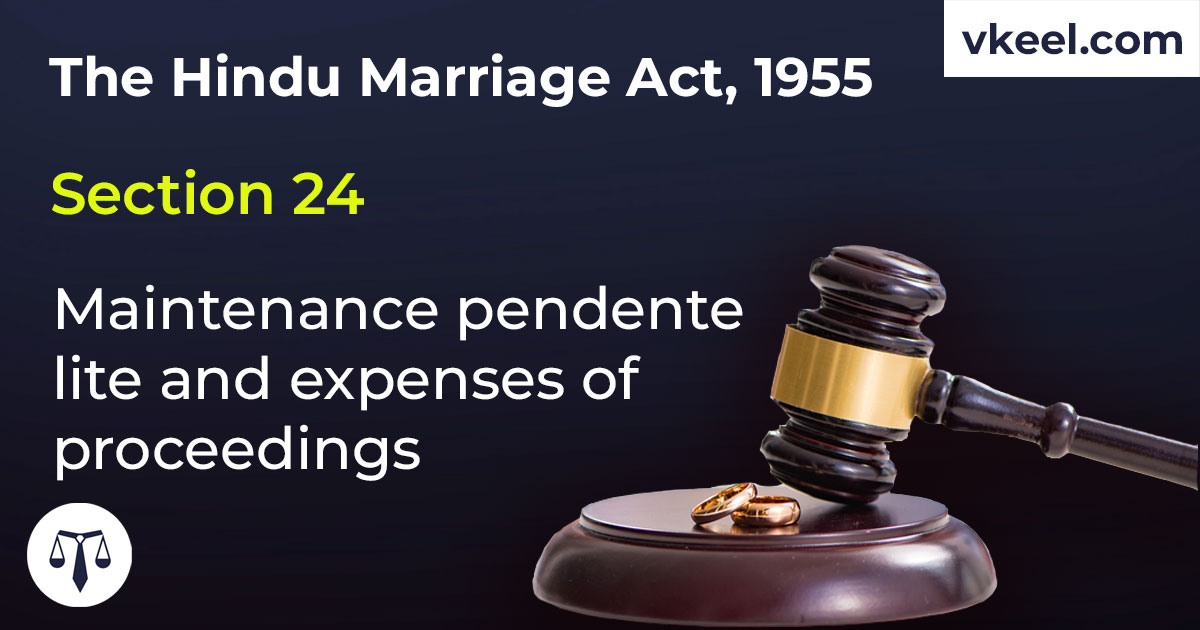Section 2 Hindu Marriage Act 1955 – Application of Act
By Vkeel Team
Description
“Section 2 Hindu Marriage Act 1955”
(1) This Act applies
(a) to any person who is a Hindu by religion in any of its forms or developments, including a Virashaiva, a Lingayat or a follower of the Brahmo, Prarthana or Arya Samaj,
(b) to any person who is a Buddhist, Jaina or Sikh by religion, and
(c) to any other person domiciled in the territories to which this Act extends who is not a Muslim, Christian, Parsi or Jew by religion, unless it is proved that any such person would not have been governed by the Hindu law or by any custom or usage as part of that law in respect of any of the matters dealt with herein if this Act had not been passed.
Explanation. The following persons are Hindus, Buddhists, Jainas or Sikhs by religion, as the case may be:
(a) any child, legitimate or illegitimate, both of whose parents are Hindus, Buddhists, Jainas or Sikhs by religion;
(b) any child, legitimate or illegitimate, one of whose parents is a Hindu, Buddhist, Jaina or Sikh by religion and who is brought up as a member of the tribe, community, group or family to which such parent belongs or belonged; and
(c) any person who is a convert or re-convert to the Hindu, Buddhist, Jaina or Sikh religion.
(2) Notwithstanding anything contained in sub-section (1), nothing contained in this Act shall apply to the members of any Scheduled tribe within the meaning of clause (25) of article 366 of the Constitution unless the Central Government, by notification in the Official Gazette, otherwise directs.
(3) The expression “Hindu” in any portion of this Act shall be construed as if it included a person who, though not a Hindu by religion, is, nevertheless, a person to whom this Act applies by virtue of the provisions contained in this section.
An Overview of Section 2 Hindu Marriage Act 1955 and its implications for Hindu couples.
Section 2 Hindu Marriage Act 1955 is an important part of the Hindu Marriage Act. This section outlines the scope of the Act and the types of marriages that are covered by it. It also outlines the conditions that must be met for a marriage to be considered valid under the Act.
The Act applies to all Hindus, including Buddhists, Jains, and Sikhs. It also applies to any person who is a convert to Hinduism. The Act applies to all marriages between Hindus, regardless of whether the marriage is solemnized in accordance with Hindu rites and ceremonies or in any other manner.
The Act outlines the conditions that must be met for a marriage to be considered valid. These conditions include that the parties must be of legal age, that the parties must be of sound mind, and that the parties must not be within the prohibited degrees of relationship. The Act also outlines the rights and responsibilities of the parties to the marriage. These include the right to maintenance, the right to inheritance, and the right to divorce.
Section 2 Hindu Marriage Act 1955 is an important part of the Hindu Marriage Act. It outlines the scope of the Act and the types of marriages that are covered by it. It also outlines the conditions that must be met for a marriage to be considered valid under the Act. It is important for Hindu couples to understand the provisions of the Act and how they affect their rights and responsibilities.
Description Source: indiacode
Disclaimer:
The information provided in the article is for general informational purposes only, and is not intended to constitute legal advice or to be relied upon as a substitute for legal advice. Furthermore, any information contained in the article is not guaranteed to be current, complete or accurate. If you require legal advice or representation, you should contact an attorney or law firm directly. We are not responsible for any damages resulting from any reliance on the content of this website.

